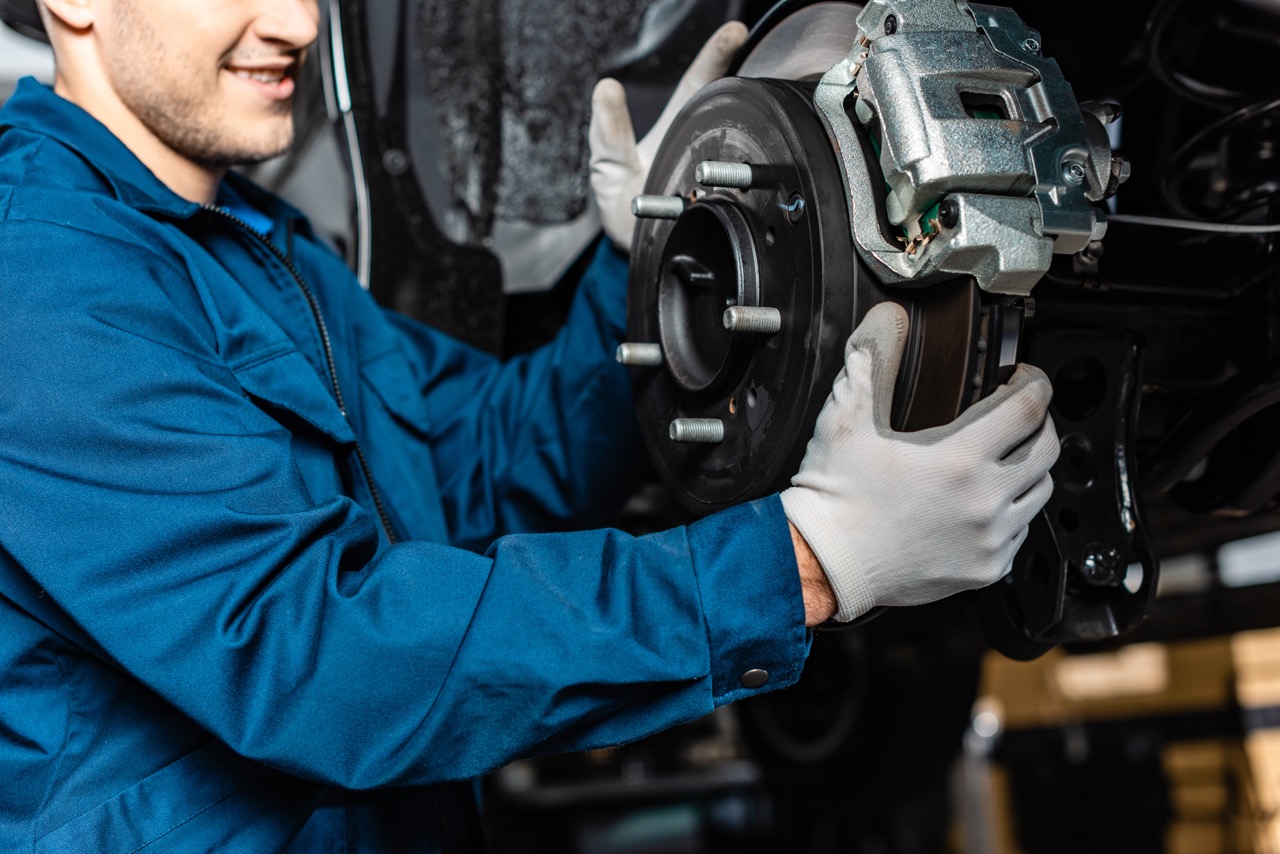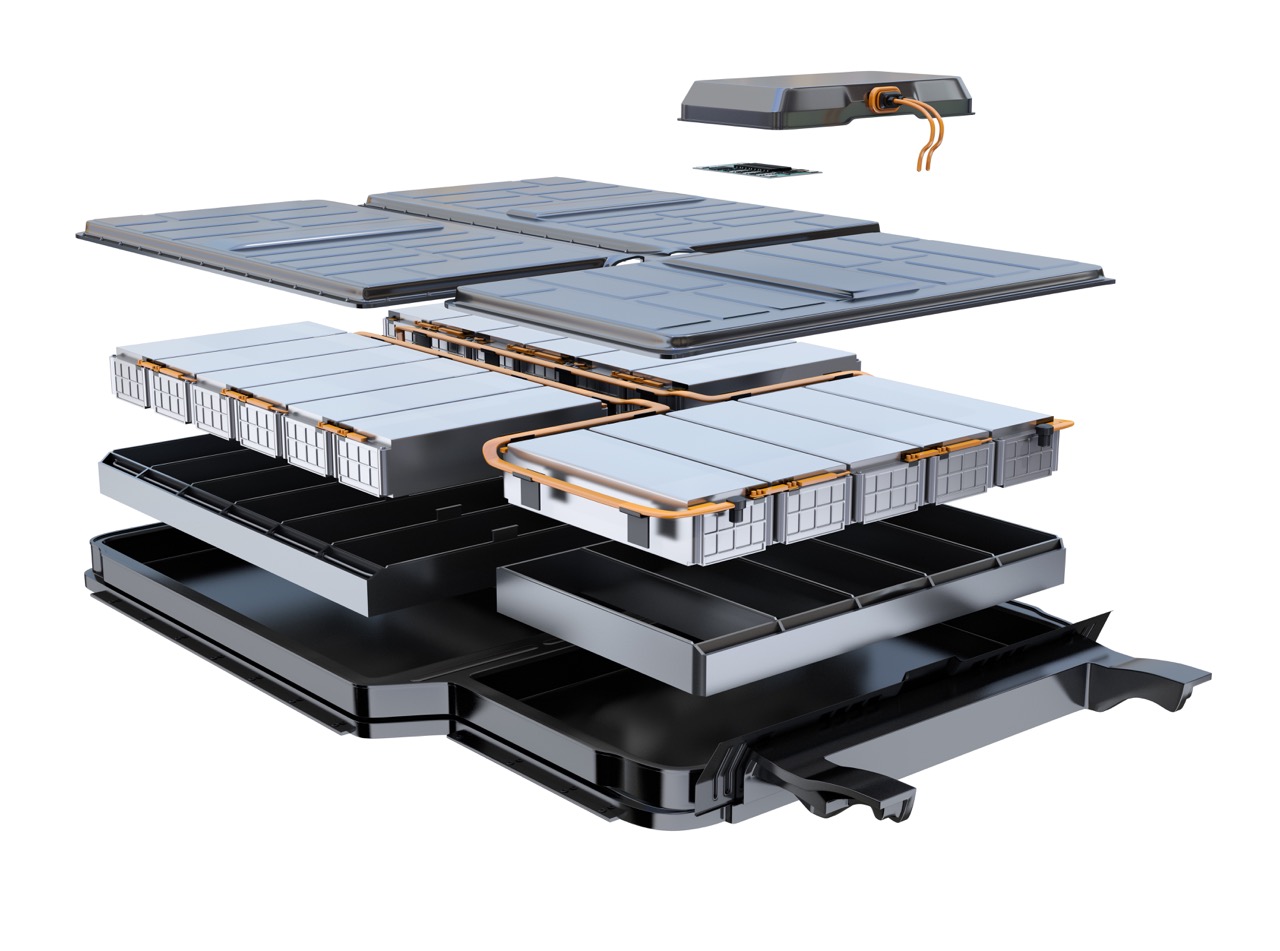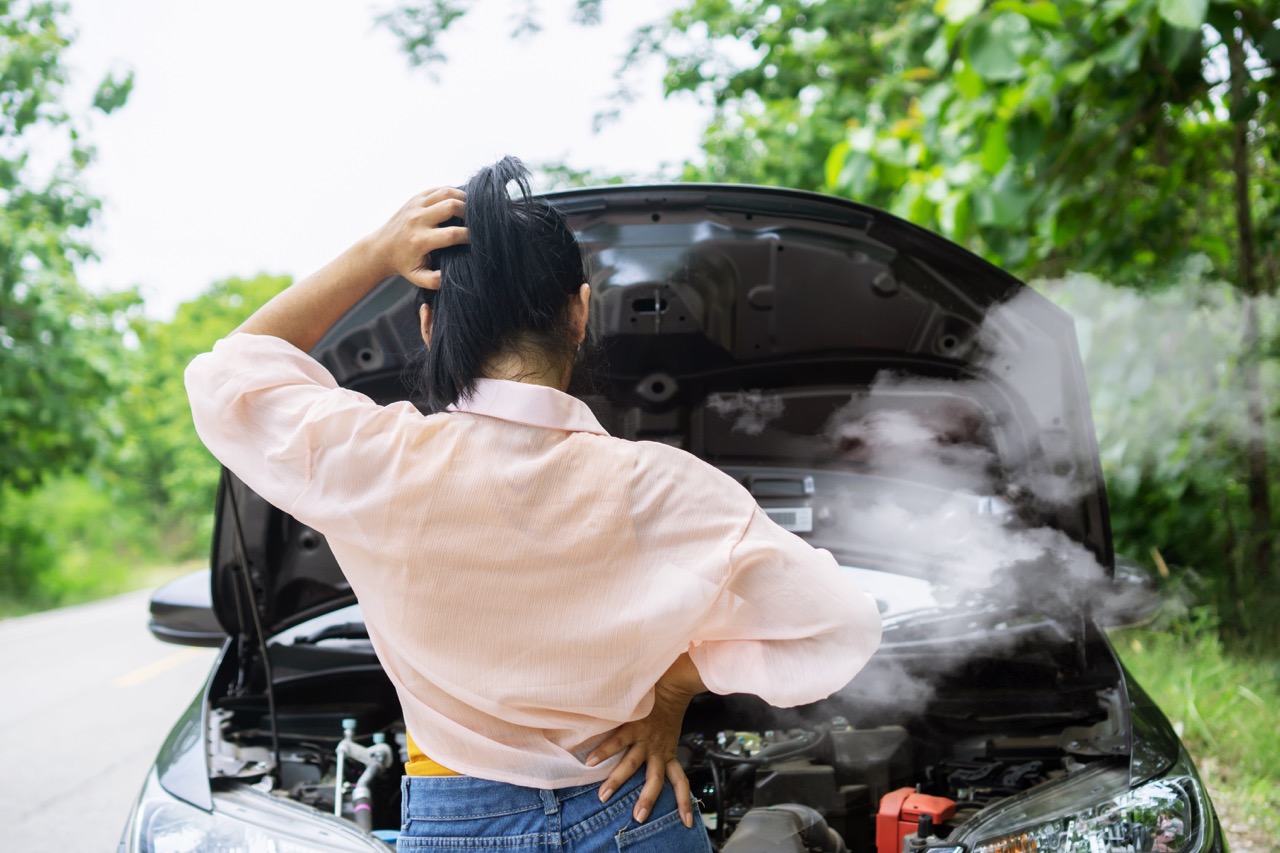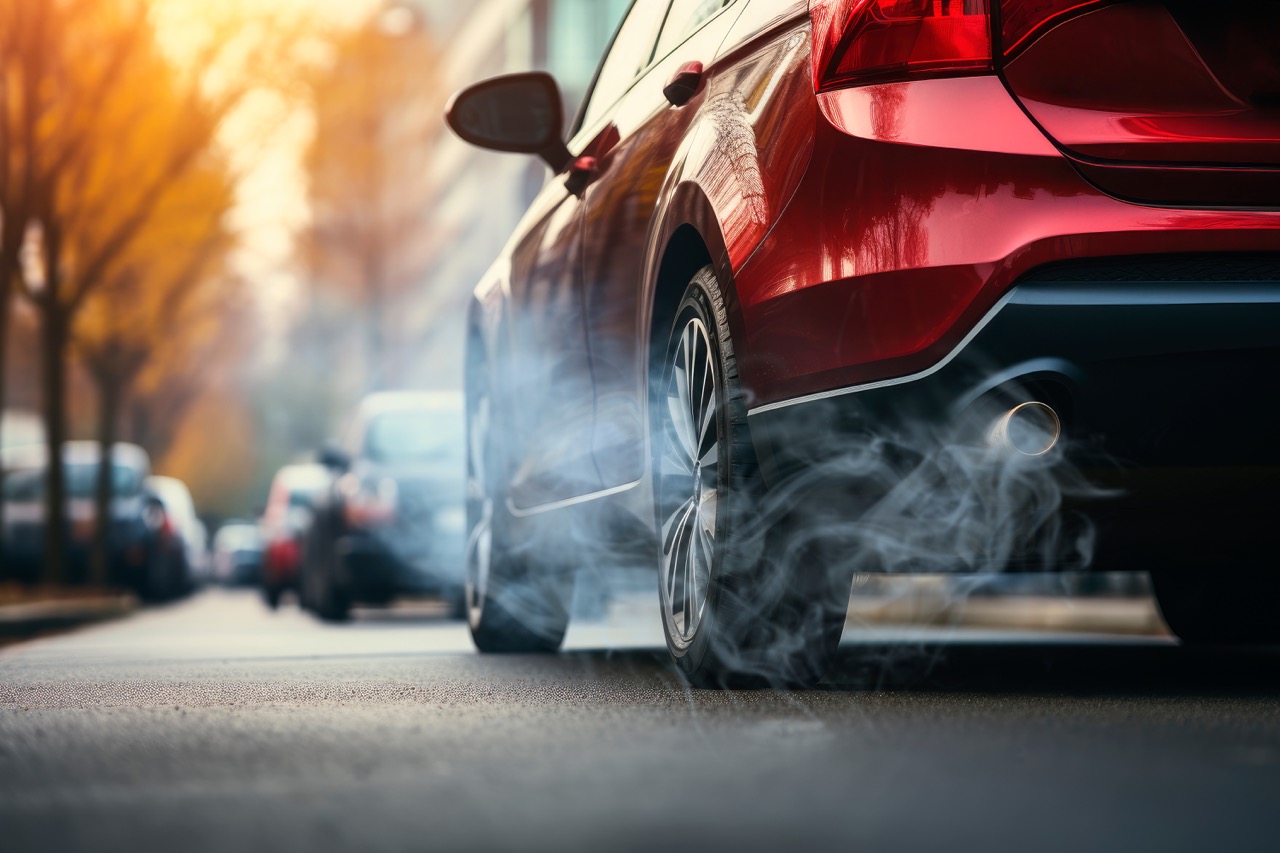
You’ve waited all week for the perfect Sunday morning drive and are ready to hit the road: your tires are rotated, your lights and mirrors are all in order, and you’ve just installed a sound system that would make an engineer jealous. As you’re rolling through a quiet neighborhood towards a four-way stop, you’re suddenly subjected to the breathless moment that every driver fears: another driver blows right through the stop, putting you and everyone else at risk. You’re forced to stop—hard––slamming your foot down on your brake pedal with as much force as you can muster. Thankfully, your vehicle responds beautifully; your trusty brakes pull you up sharply, preventing a crash, bodily injury, or worse. After letting out a deep breath, you try to get back to your leisurely ride, but a lingering worry leaps from your mind squarely to its forefront: just what was that awful sound that you heard your brakes make when they rescued you at the intersection?
1. Squeaks and Creaks
If you are constantly slamming hard on your brakes (and don’t have high-quality brake pads designed for higher temperatures), your cheaper brake pads are at risk of overheating. At higher temperatures, the bonding and brake materials can melt and bond to the surface of the rotor: a phenomenon called “warping.’
If you recognize the sounds emanating from your car as a rough, high-pitched “squeak,” that might indicate that your rotors are warped. To further diagnose the issue with your brakes, consider some accompanying symptoms: does your steering wheel or brake pedal wobble when you press down, along with the high-pitched squeak? If the rotors are warped enough, the vibrations will be noticeable.
2. Glazed Over
While many of us might enjoy a glazed donut, a “glazed” set of brake pads aren’t nearly as much fun. If you’ve had to baby your vehicle down lots of steep hills in high temperatures––holding the brakes the whole way down––the constant friction and oppressive heat “glazes” the fibers of the brake pads, making them slick and slippery. Instead of “grabbing” the rotor to create the friction needed to stop, the glazed pads will slide across the rotor, making stopping difficult. You’ll hear a particular sort of squeal when you first hit your brakes in the morning or throughout the day as you roll up to stop signs.
3. Back to the Grind
We all know what it’s like to be run ragged with our noses to the grindstone, and your brake pads are no different. If you’ve identified a nasty grinding or scraping sound when you apply your brakes, it means that your brake pads have worn down to practically nothing. Now the metal backing plate is rubbing and scraping against the metal of the rotor. That metal-on-metal sound isn’t just as grating as “nails on a chalkboard”; it’s incredibly damaging to the rotor. If the problem continues for long enough, your rotors might wind up with deep grooves etched within their surfaces. If that’s the case, it might not only be time for new brake pads but for new rotors as well.
4. Grind it Like it’s Hot
As you’ve already learned, when the heat turns up, your brakes take the brunt: another cause for that grating, grinding sound is overheating. When your brakes get too hot, the material that makes up your brake pad will start to disintegrate. That creates a pitted surface on the pad: when the surface is no longer nice and smooth, the surface instead becomes “spongy” and uneven. Instead of creating the proper amount of friction that is required for smooth stops, your spongy pad will rub the rotor unevenly, leaving you with an earful of that unsettling grinding. In this case––since there is still some pad left, however uneven––the spongy pad won’t ruin your rotor as quickly, but your brakes certainly won’t work as effectively.
Sound and Fury, Signifying Something
In any case––whether your brakes are squeaking, squealing, grinding, or anything in between––those sounds are warnings that you must heed. Like your phone at the movie cinema, your brakes should always be on “silent mode.” Make sure to call out the experts at Master Muffler South Ogden when it’s time to make the proper repairs and eliminate the noise.
Related Posts
As an EV owner, understanding your vehicle's battery is critical. From its capacity to its lifespan, and everything in between, we'll guide you through what you need to know to optimize your EV experience. So buckle up and get ready - we're about to shed some light on the electrifying world of EV batteries. What [...]
If your car is running hot, it can be a sign that something’s not right with your engine. Fortunately, diagnosing the cause of an overheating engine isn't too difficult if you know what to look for and how to address it. Keep reading if you want to learn the most common issues that occur when [...]
Your vehicle's exhaust system serves a critical role in managing the byproducts of the combustion process and ensuring optimal engine performance. The appearance of colored smoke from the exhaust pipe, either when stationary or accelerating, can provide valuable clues to underlying mechanical issues. What is a car exhaust? A car exhaust is a system [...]





